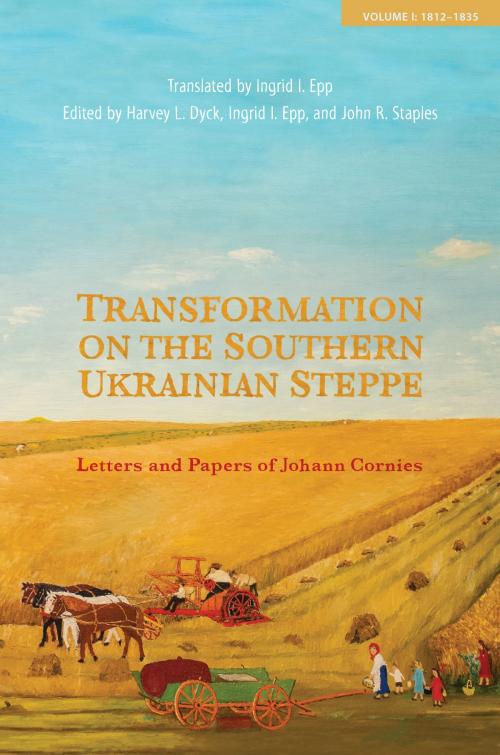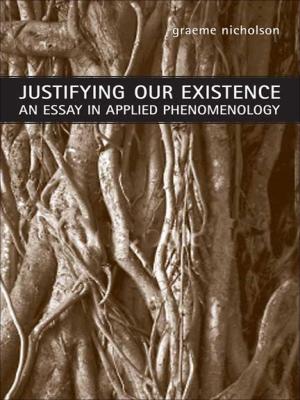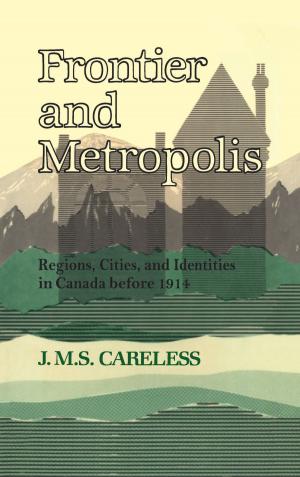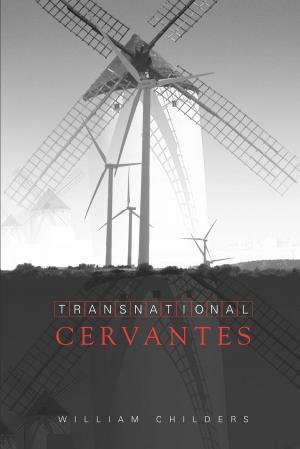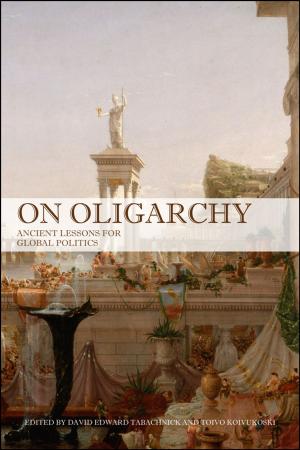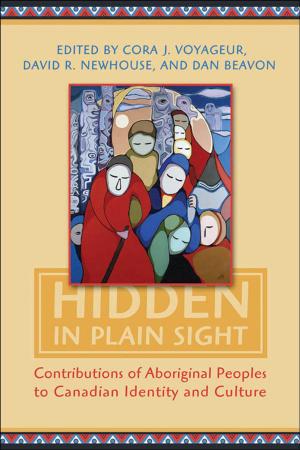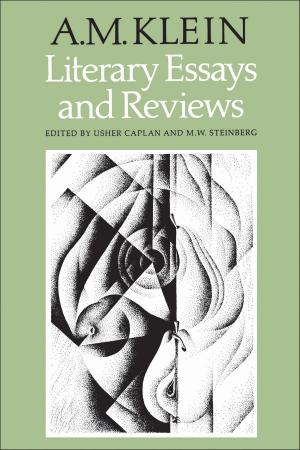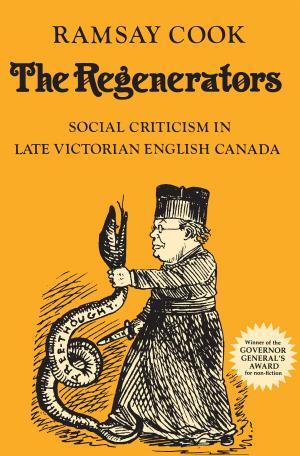Transformation on the Southern Ukrainian Steppe
Letters and Papers of Johann Cornies, Volume I: 1812-1835
Nonfiction, History, Eastern Europe, Asian, Russia, Biography & Memoir| Author: | Ingrid I. Epp | ISBN: | 9781442622388 |
| Publisher: | University of Toronto Press, Scholarly Publishing Division | Publication: | January 28, 2016 |
| Imprint: | Language: | English |
| Author: | Ingrid I. Epp |
| ISBN: | 9781442622388 |
| Publisher: | University of Toronto Press, Scholarly Publishing Division |
| Publication: | January 28, 2016 |
| Imprint: | |
| Language: | English |
In the eighteenth and nineteenth centuries, the Russian empire opened the grasslands of southern Ukraine to agricultural settlement. Among the immigrants who arrived were communities of Prussian Mennonites, recruited as “model colonists” to bring progressive agricultural methods to the east. Transformation on the Southern Ukrainian Steppe documents the Tsarist Mennonite experience through the papers of Johann Cornies (1789–1848), an ambitious and energetic leader of the Mennonite colony of Molochna.
Cornies was well connected in the imperial government, and his papers offer a window not just into the world of the Molochna Mennonites but also into the Tsarist state’s relationship with the national minorities of the frontier: Mennonites, Doukhbors, Nogai Tartars, and Jews. This selection of his letters and reports, translated into English, is an invaluable resource for scholars of all aspects of life in Tsarist Ukraine and for those interested in Mennonite history.
In the eighteenth and nineteenth centuries, the Russian empire opened the grasslands of southern Ukraine to agricultural settlement. Among the immigrants who arrived were communities of Prussian Mennonites, recruited as “model colonists” to bring progressive agricultural methods to the east. Transformation on the Southern Ukrainian Steppe documents the Tsarist Mennonite experience through the papers of Johann Cornies (1789–1848), an ambitious and energetic leader of the Mennonite colony of Molochna.
Cornies was well connected in the imperial government, and his papers offer a window not just into the world of the Molochna Mennonites but also into the Tsarist state’s relationship with the national minorities of the frontier: Mennonites, Doukhbors, Nogai Tartars, and Jews. This selection of his letters and reports, translated into English, is an invaluable resource for scholars of all aspects of life in Tsarist Ukraine and for those interested in Mennonite history.
